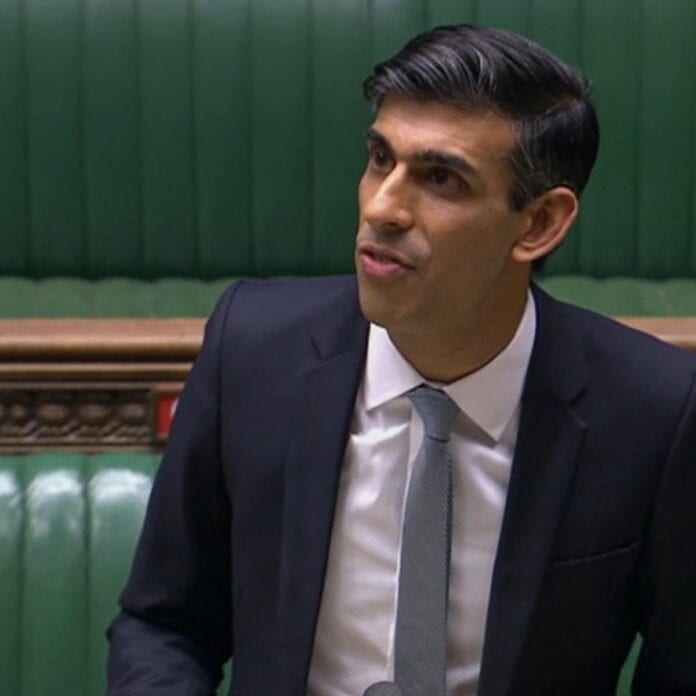
06 November 2020 Shaw & Co, the Bristol-based specialist corporate finance advisory firm, has responded to the announcement made by Rishi Sunak, Chancellor of the Exchequer, on Thursday 5 November in the House of Commons announcing the extension of the UK Furlough Scheme.
The Government has approved a five-month extension of the Coronavirus Job Retention Scheme (CJRS), which will now run until the end of March 2021. The scheme enables employees to receive 80% of their current salary for hours not worked, up to a maximum of £2,500 per month.
Furthermore, Sunak confirmed that the CJRS extension will be reviewed in January 2021 to determine whether employers will be required to increase contributions, should the economy show signs of improvement and recovery.
Colin Burns, Director – Debt Advisory at Shaw & Co provides his insights on the implications the extension of the furlough scheme will have for British businesses and the UK economy overall.
Is this a welcome announcement?
This will be very welcome news for many businesses who are on the cusp of laying off staff permanently and potentially closing their doors for good. This will not however be enough for some businesses where other fixed costs (rent / finance costs etc.) remain a heavy burden in the absence of any trading revenue.
What does the extension really mean for UK businesses?
It provides some assurance that they will be able to retain key staff when lockdown ends in early December 2020, however this may continue for longer than first expected, if we remember the situation in March 2020!
Should the Government start thinking longer-term?
Although it is difficult to accurately gauge when the economy will return to ‘near-normal’ – with or without a vaccine – the Government must now start thinking longer term and what schemes may work, while carrying public support, in case of future lockdowns or indeed another pandemic.
We have spoken to lenders who now say that any credit assessment must include risk analysis on the impact of a pandemic – something no lender was even considering 12 months ago!
Should we be worried about what this means for the level of public debt and the likely rise in taxation?
Public debt has and will rise and the obvious route to address this imbalance will be on future tax rates. However, there are other issues which will cause imminent economic stress, such as Brexit, so I would not expect any radical repositioning of public sector finances until later in 2021. Plus, the Bank of England has already signalled additional monetary easing to support the economy, so we may see an effort by the authorities to chip away at the debt burden through a degree of inflation.
The other issue to consider is the private sector (mainly banks) who will have their own capital issues in 2021/ 22 as their loan portfolios come under pressure from delinquencies and may mean lessening their risk exposure which will very likely dampen their appetite to support UK Plc from 2021 onwards, to a certain extent.
Help keep news FREE for our readers
Supporting your local community newspaper/online news outlet is crucial now more than ever. If you believe in independent journalism, then consider making a valuable contribution by making a one-time or monthly donation. We operate in rural areas where providing unbiased news can be challenging. Read More About Supporting The West Wales Chronicle

























